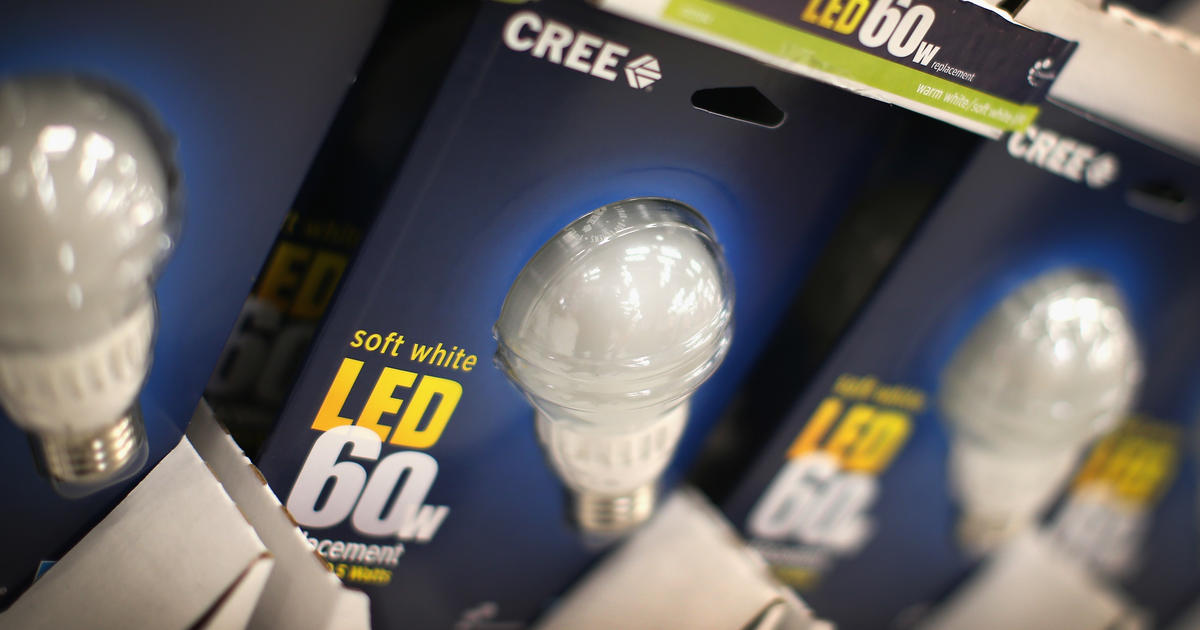A newly implemented federal regulation has effectively rendered the incandescent light bulb, one of the world’s great inventions, obsolete. The U.S. Department of Energy has banned the production and sale of traditional light bulbs in the United States, urging consumers to transition to more energy-efficient LED lights. According to the agency, switching to LED lights can benefit both the environment and consumers’ wallets. Projections from the Department of Energy show that American households have the potential to save approximately $100 annually, totaling to $3 billion, by completely phasing out incandescent bulbs. Additionally, this change could reduce carbon emissions by 222 million metric tons over the course of 30 years.
LEDs, or light-emitting diodes, outshine traditional bulbs in terms of price and durability. These lighting products use an electrical current to illuminate tiny diodes on a microchip, creating visible light. Government-backed organization Energy Star states that LEDs are 90% more efficient than incandescent bulbs, and the Department of Energy confirms this on its website. LEDs also have a significantly longer lifespan, lasting up to 25 times longer than traditional bulbs. Making the switch to LEDs could result in substantial savings for consumers, as electricity accounts for 23% of the average American household’s utility bill, which exceeds $4,400 annually.
Despite the numerous benefits of LEDs, they have not completely replaced incandescent bulbs. Some consumers argue that LEDs tend to lose color and brightness over time and are not entirely compatible with dimmer switches. However, the market for LEDs is steadily growing, with 47% of households in 2020 using them as their primary lighting source compared to just 4% in 2015. Industry projections estimate that the U.S. LED market will reach $18.5 billion by 2028.
It is worth noting that there have been criticisms of LEDs, including from former President Donald Trump, who famously expressed dissatisfaction with their lighting quality. However, these critiques have not slowed down the increased adoption of LEDs by consumers.
In conclusion, the federal regulation banning traditional light bulbs in the United States aims to usher in a new era of energy-efficient lighting. LED lights offer significant advantages in terms of energy efficiency, lifespan, and potential cost savings, making them a smart choice for consumers. While concerns about the drawbacks of LEDs exist, their market share continues to grow, indicating a positive trend towards a more sustainable and efficient lighting landscape.
Denial of responsibility! VigourTimes is an automatic aggregator of Global media. In each content, the hyperlink to the primary source is specified. All trademarks belong to their rightful owners, and all materials to their authors. For any complaint, please reach us at – [email protected]. We will take necessary action within 24 hours.


